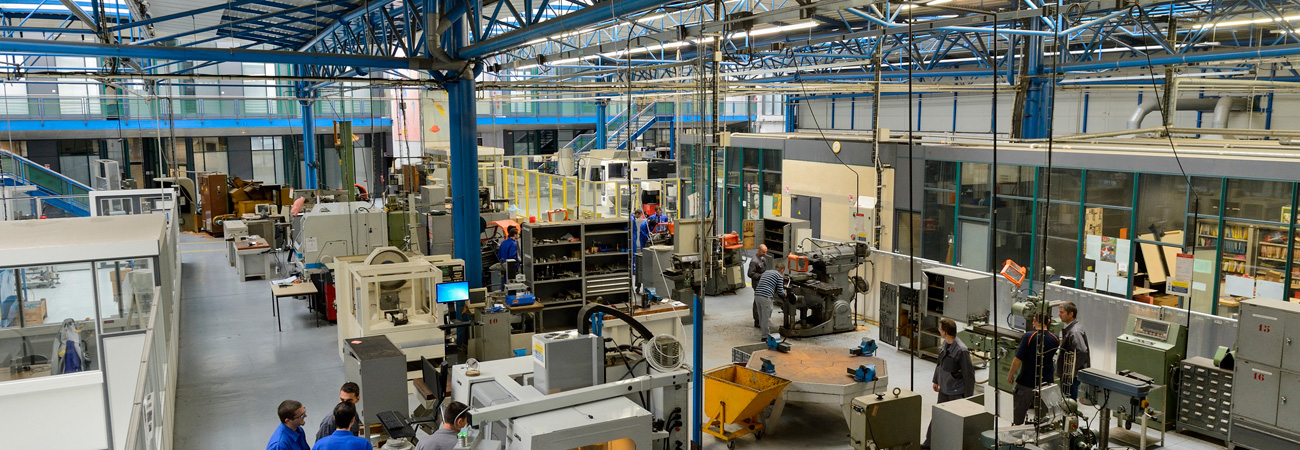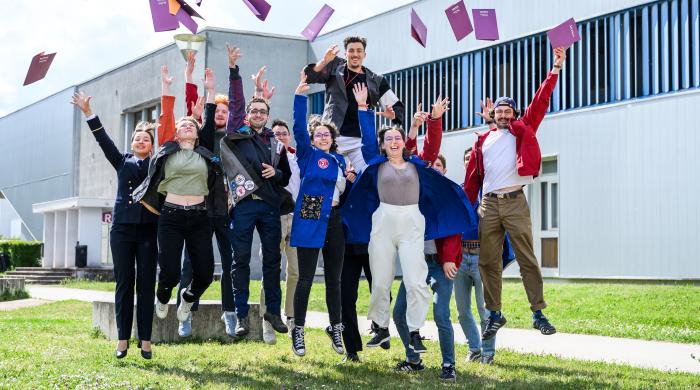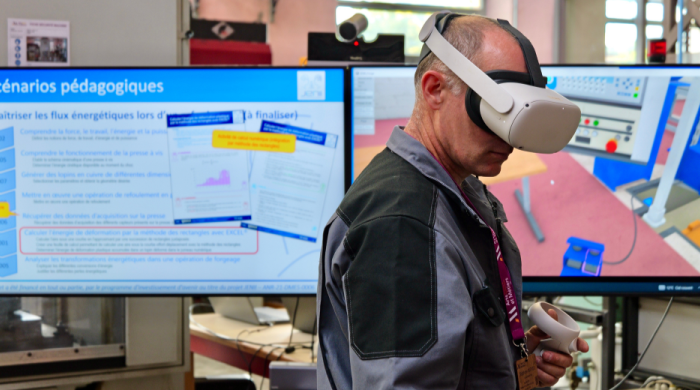
In March 2016, Arts et Métiers created AMVALOR, a subsidiary to promote and transfer the value of the university’s research activities. This work is carried out in proximity to business sites in order to meet their needs and demands.
AMVALOR promotes the research partnership activities of Arts et Métiers. It encourages collaborations between laboratories and businesses who are looking for technological solutions, research expertise and industrial transferable skills as well as training courses, in order to advance their innovative projects. AMVALOR strengthens the link between the scientific and development activities of Arts et Métiers, giving greater visibility to everything the Arts et Métiers network, has to offer.
Rising to technological challenges
AMVALOR's primary role is to identify the needs of businesses in terms of technological developments and innovation. It then mobilises the Arts et Métiers scientific, technical and academic teams to provide adequate solutions. The subsidiary can seek help from the school's 14 research laboratories to collaborate on these partnership research projects, order studies, carry out measurements and pilots, monitor technological developments or organise events based around a specific topic (seminars, workshops, conferences, etc.). It ensures the coordination, creation and management of projects. Another major role of AMVALOR is to promote and assist in the knowledge transfer from Arts et Métiers laboratories (products, materials, processes, expertise) to companies with the support of its transfer teams and its technological platforms.
Finally, AMVALOR promotes the development and creation of start-ups by participating in investment funds (Pertinence Invest, for example). It develops activities to promote the intellectual property of the Arts et Métiers laboratories (licensing, spin-off incubation, equity, etc.) in order to increase the economic impact of innovative ideas originating from research studies.
AMVALOR project themes
AMVALOR focuses on topics that are relevant to the following sectors:
- Factory of the Future: manufacturing processes, operational excellence, virtual and augmented reality, collaborative industrial robotics, digital engineering, functional materials and surfaces, non-destructive testing;
- Transport: automotive, aerospace, railway and shipping;
- Health: biomechanics, medical imaging;
- Energy: smart grids, storage, clean production, turbomachinery;
- Sustainable construction: thermal properties, wood and eco-materials for construction.
Key figures
- 130 direct employees, 18 of whom work at the head office and 112 in laboratories (R&D and transfers, doctoral student, postdoctoral students and technicians)
- 400 employees involved in research
- 700 industrial contracts per year



